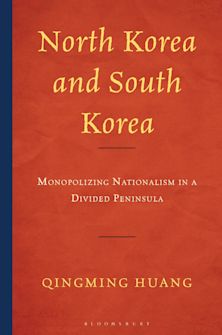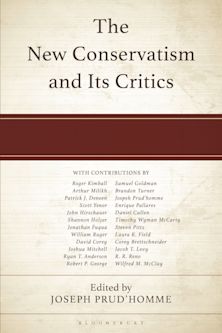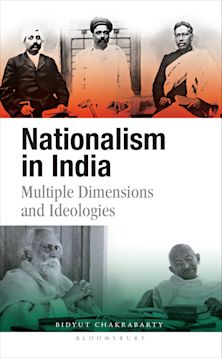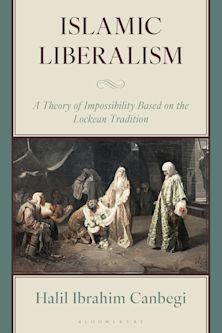Social Institutions and the Politics of Recognition: From the Reformation to the French Revolution
Volume II
Social Institutions and the Politics of Recognition: From the Reformation to the French Revolution
Volume II
Description
This second volume continues the story told in the first by focusing on the writings of a selection of seminal thinkers in the seventeenth and eighteenth centuries, in England, the German speaking world and in France, ending with the debate around the French Revolution of 1789.
Tony Burns discusses the work of Thomas Hobbes, John Selden, Sir Matthew Hale, John Locke, Samuel Clarke, Johannes Althusius, Samuel Pufendorf, Gottfried Wilhelm Leibniz, Jean Barbeyrac, the anonymous author of Militaire philosophe, Claude Buffier, l’abbé de Saint-Pierre, Jean-Jacques Burlamaqui, Montesquieu, Jean-Jacques Rousseau, l’abbé de Sieyès, Jeremy Bentham, Immanuel Kant, Mary Wollstonecraft and Claude-Henri de Saint-Simon. The author concludes with an analysis of the concept of administration in the writings of Saint-Simon, as a point of transition to the discussion of the themes of bureaucracy, technocracy and managerialism in the third volume.
Table of Contents
Part One: The Age of Enlightenment
Chapter One: Seventeenth Century England
Chapter Two: Seventeenth Century Germany
Chapter Three: Eighteenth Century France
Part Two: The French Revolution
Chapter Four: The French Revolution
Conclusion
Bibliography
Product details
| Published | Aug 19 2020 |
|---|---|
| Format | Ebook (PDF) |
| Edition | 1st |
| Extent | 258 |
| ISBN | 9798216244387 |
| Imprint | Rowman & Littlefield |
| Series | Studies in Social and Global Justice |
| Publisher | Bloomsbury Publishing |
Reviews

ONLINE RESOURCES
Bloomsbury Collections
This book is available on Bloomsbury Collections where your library has access.



































